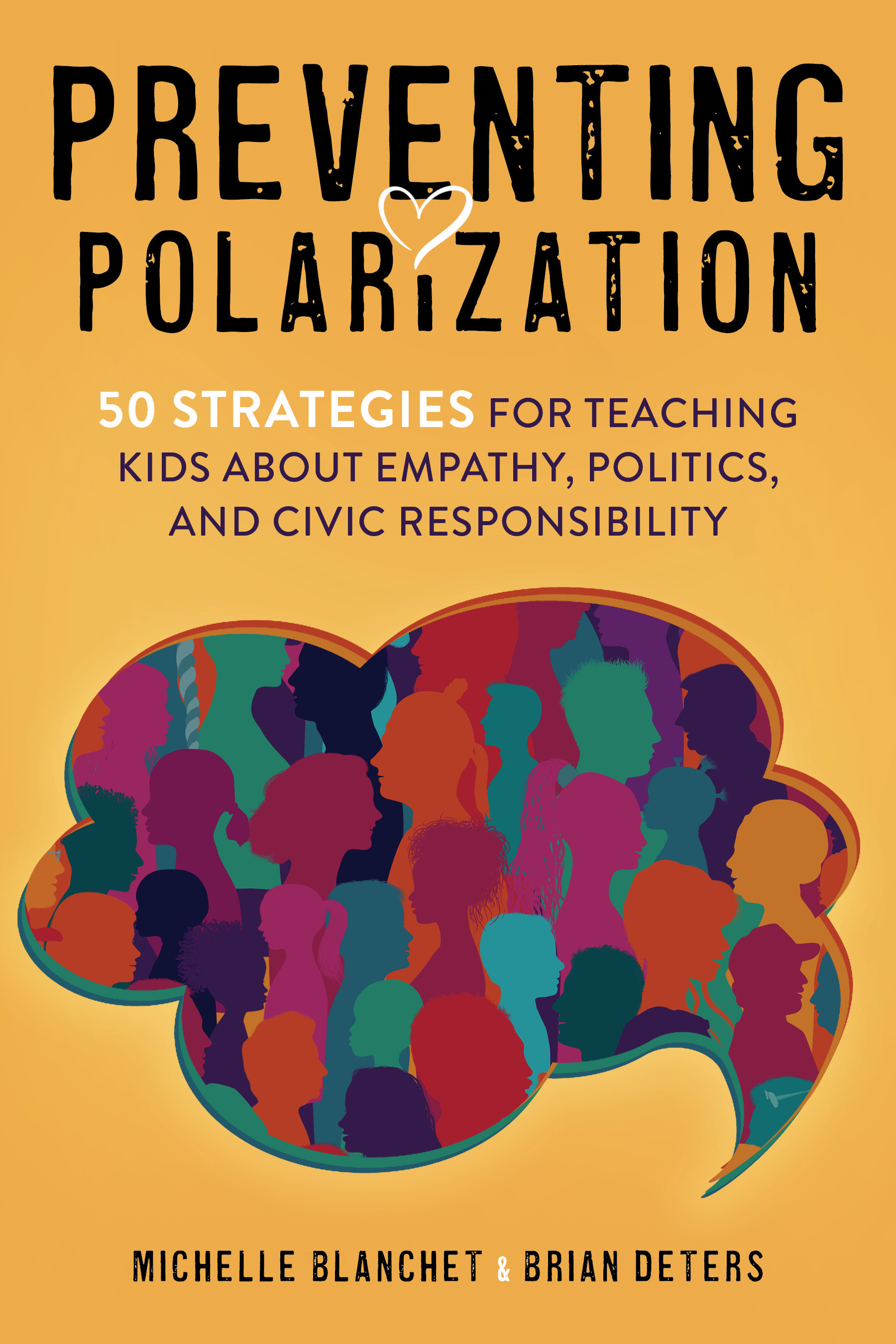Civics is Good, but Politics are Bad: A Serious Conundrum
Jul 11, 2025
Opinion
By Michelle Blanchet
“I’m sorry to be political” or “I’m sorry to bring politics into this” became phrases over the years when people want to discuss something important in our world.
I often wonder what this means and why people think they need to apologize for wanting to talk about an issue impacting their community, our nation, or our world.
People created governments to provide order within societies. Through them, policies shape the systems that impact how our institutions run and our views on how the world works and our day-to-day existence. We need systems that work best for us.
We, the people, have long-established a social contract with the government (or have we?) and should expect it to act in our favor. To be political is to simply have a say in how we design those systems, what they do for us, and how we adapt and evolve those structures to meet the changing demands of a modern world.
However, as civics teachers, it's becoming increasingly difficult to go beyond the traditional rhetoric about the role of government and the three branches.
While students need to understand how the government works, encouraging students to voice their opinions, have discussions on relevant issues, or introduce students to various doctrines or perspectives has become increasingly taboo—and, in some cases, censored.
- How does one teach critical thinking and communication without letting students navigate the complex world that we exist in?
- How can we expect young people to solve the problems that impact us and become the decision-makers our society needs if we cannot use school as a place where our youth can practice these skills and abilities?
The opposite of polarization is consensus. Consensus-finding requires us to embrace ambiguity, nuance, and complexity. It requires us to listen to one another, understand varying perspectives, and continuously seek knowledge as we make sense of our world.
The point of civics should be not just to understand how the government works but to be a part of it. We must teach students to:
- Be political
- Have a voice
- Engage so that their government works for them
In our role as civics teachers, we have learned that a one-off course is often insufficient in helping youth understand the relevance and urgency of being political. Policy shapes the type of world we live in.
It is through our collective voice that:
- We determine the type of society we live in
- We opt to solve challenges
- Decide which issues we will prioritize
This may sound big, perhaps even overwhelming, but our democracy cannot properly function without our voices. We, the people, engage as best we can as citizens to build a better and stronger world.
As educators, every one of us must support students to understand just how much they matter, that their actions make a difference, and that they have the power to do something. Too often, students enter the civics classroom, seeing the government as something far away, abstract—and often as something to distrust.
I think most of us want good leaders and good policies, so why are we passing along these negative connotations around politics? Shouldn't we reframe that narrative?
We believe so. And we believe that we can start small by nurturing the skills in our youth that will enable them to navigate the complex world they are about to inherit. Every student should have the mindset that we each have a role to play as citizens to make our nation work.
Perhaps by making it positive to be political and by helping students to develop the skills they need to find consensus and solve problems, we might engender a much less polarized, more unified society that can push the needle forward.






